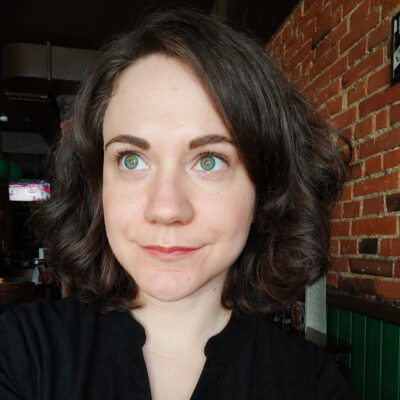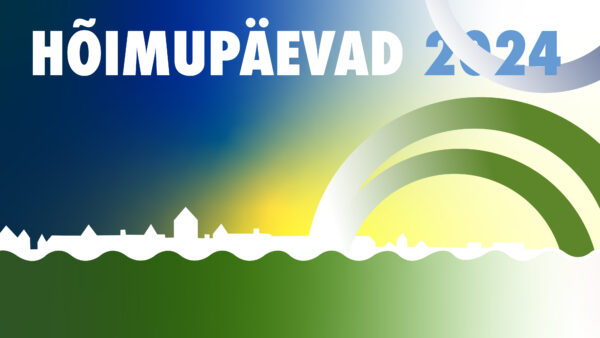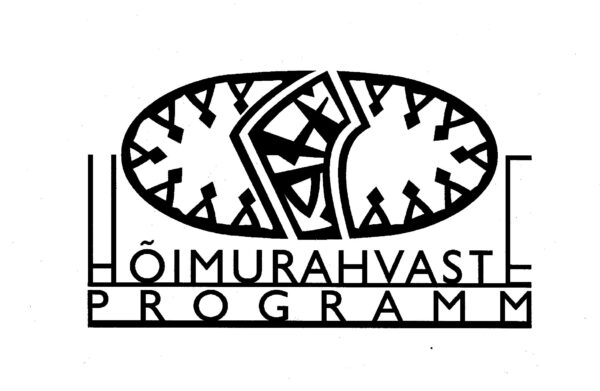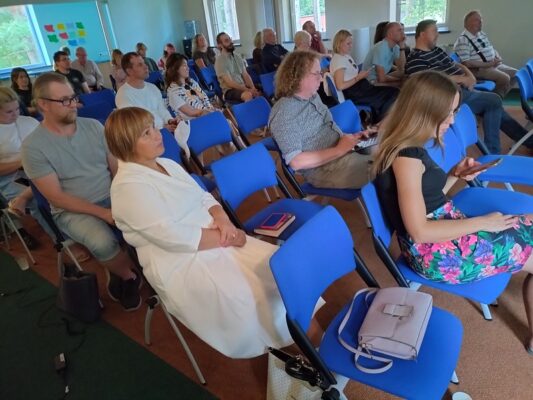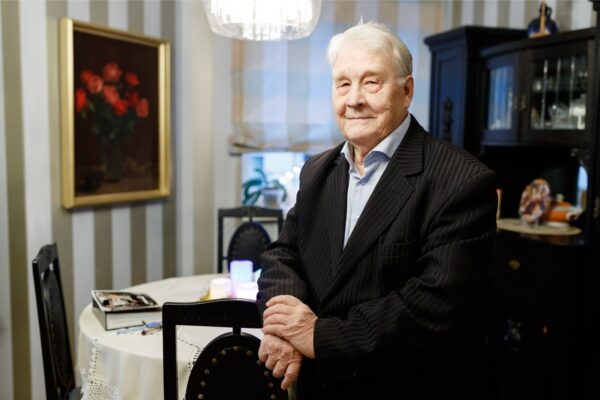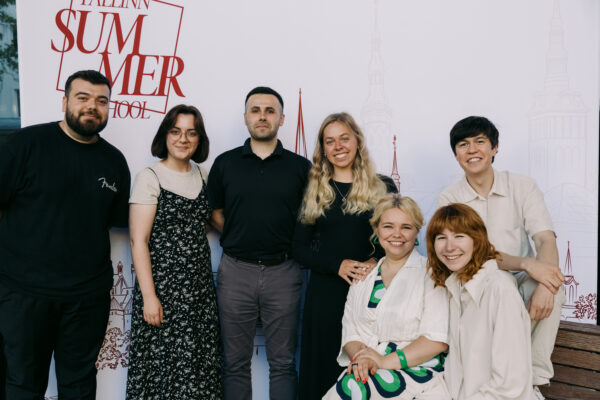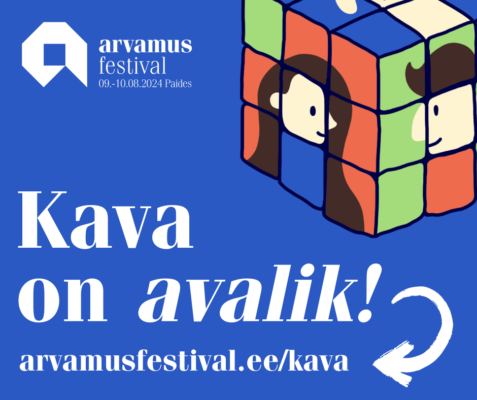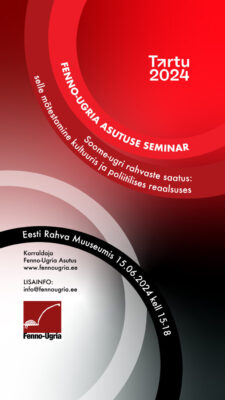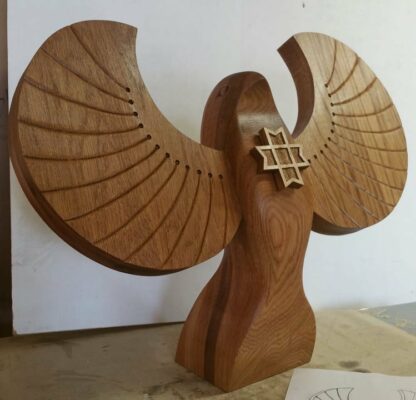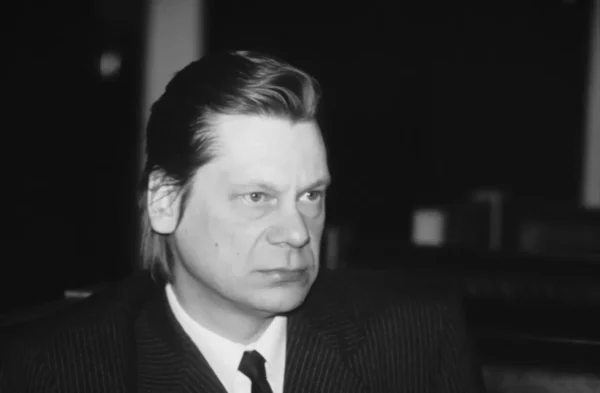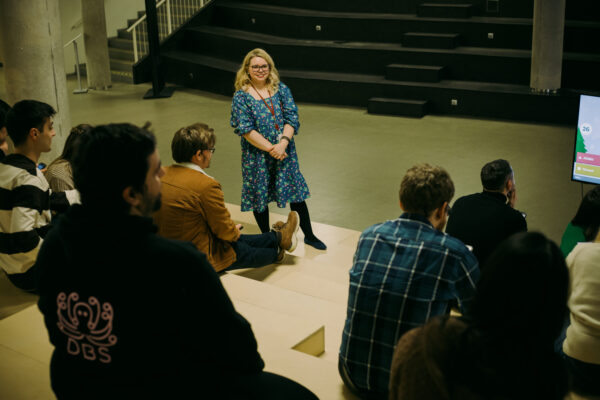
News
Bogáta Timár, fellow of Lennart Meri Waterfowl Fund scholarship
The Lennart Meri Waterfowl Fund scholarship has been awarded for the 8th time this year. Bogáta Timár is the scholarship's first Hungarian winner.
Kindred Peoples' Days 2024 'A road goes over the bridge...'
Over flowing water, leading to other worlds. Over an abyss, the importance and weight of crossing which is acutely felt when the bridge is no longer there. Or not yet. On two October evenings, stories and songs of kindred spirits move along these bridged roads, with hope and expectation of meeting. (Folklore has it that on some bridges you may meet your Fortune, on others the Devil.) This is how director Eva Koldits has summed up the concept for this year's concerts.
Open call for Kindred Peoples’ Literary Award 2024
The aim of the award is to recognise the work of authors or translators of the literature of kindred peoples without their own statehood. The …
Fenno-Ugria Summer School 2024: 'What can we do?'
Fenno-Ugria organised its third summer school in Lepanina Hotel, Häädemeeste between 16-18 August 2024. Fenno-Ugria's adviser Jaak Prozes gives an overview of the summer school.
In memoriam Arvo Valton (1935-2024)
Writer and promoter of Finno-Ugric cultures Arvo Valton passed away at the age of 88. Valton was also a member of the board of the Fenno-Ugria Foundation between 1995-1998. He was one of the most active founders of Fenno-Ugria, as well as one of the organisers of the Kindred People Days. Arvo Valton was the godfather of the name of the Fenno-Ugria Yearbook 'Finno-Ugric Nodes'.
A course on the culture and history of the Finno-Ugric peoples was held at Tallinn University
From 15 July to 2 August, the course “Introduction to Estonia and Finno-Ugric Cultures” for international students was held at Tallinn University with the support …
Fenno-Ugria at Paide Opinion festival 2024
Fenno-Ugria will participate in the Paide Opinion Festival in the area of Cultural Richness with a panel ‘The nation on the display window and on …
'Fate of the Finno-Ugric peoples' seminar available to watch online
Fenno-Ugria's seminar 'Fate of the Finno-Ugric peoples: its substantiation in culture and the political reality' is now available to watch online. The seminar was organised in the framework of Tartu24 Finno-Ugric Days.
Narva, Finno-Ugric Capital of Culture 2025
The title was announced on 29 June 2024 in Kuhmo, Finland. Narva is the 11th Finno-Ugric Capital of Culture.
In memoriam Jaan Tooming 28.03.1946- 5.04.2024
The director and actor Jaan Tooming, who considered Finno-Ugric ways of thinking important to Estonians, has passed away. Inspired by the work of Uku Masing, he reflected these thoughts in his theatre productions.
Children's animation in Nenets
The Russian children's animation series Be-be-bears ('Mi-mi-mishki' in Russian) will have several episodes translated into Nenets.
Finno-Ugric peoples at Tallinn University's Winter School
In January, the course Introduction to Estonia and Finno-Ugric Cultures was held as a part of Tallinn Winter School by Tallinn University. A six-day workshop …
